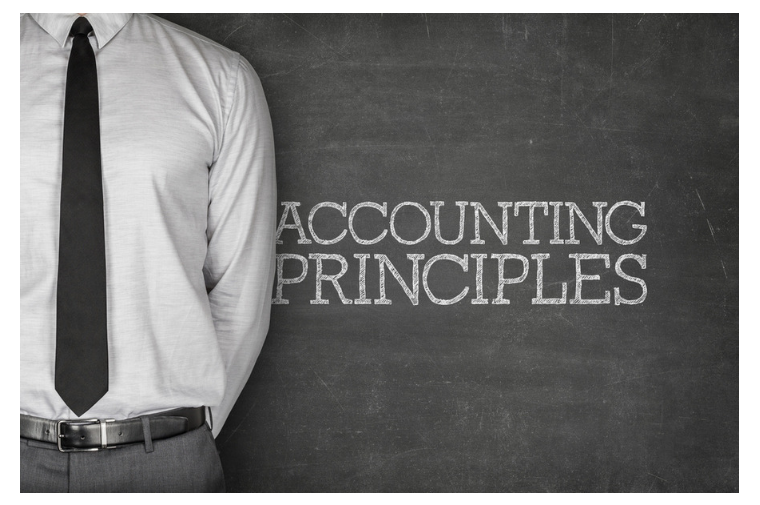Accounting Principles 101, Part 4
November 14, 2019 by OSYB Staff

Here are some financial terms that Intuit QuickBooks shares that you should get well-acquainted with for when you implement accounting principles in your business:
- Accounts payable – monies owed to vendors and creditors
- Accounts receivable – monies owed to the business from clients and customers for services rendered to products sold
- Amortization – process of spreading out the cost of an intangible asset over a certain period, usually the entire lifespan of the item.
- Assets – anything of value owned by the business such as bank accounts, real estate, inventory, etc.
- balance sheet – snapshot of a company’s financial standing at the end of a specific period
- capital – cash you have in your accounts and all of your assets and investments
- cash flow – money coming in and going out of the business
- depreciation – represents the recovery of cost over time and applies to long-term assets like computers, furniture, machinery, and equipment used to run a business
- liabilities – anything that relates to a debt or financial obligation
Even if you hire financial professionals to do your work for you, a basic knowledge of accounting principles and terms can only help you to make the best decisions together with your professionals for your small business.
***
For full article and details: Accounting principles for small business owners
Image Credit: Deposit Photos
Category: Small Business




